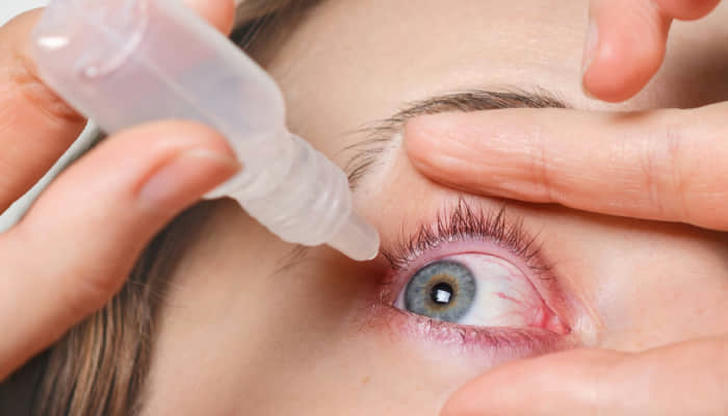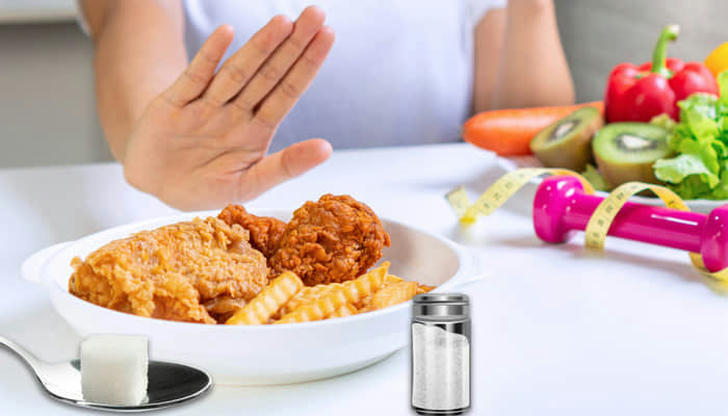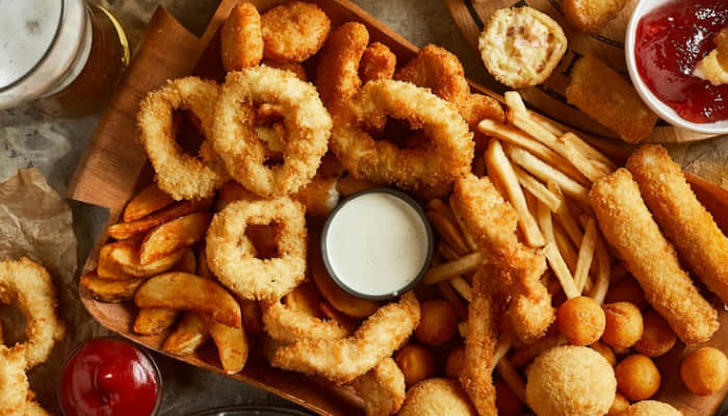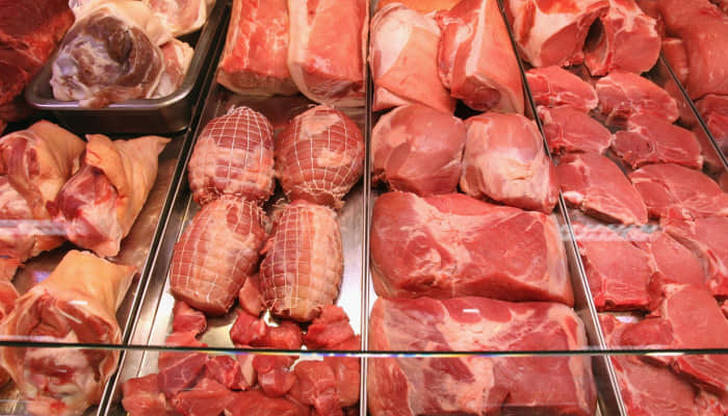11 Worst Foods That May Damage Your Eye Health

The old adage "you are what you eat" holds true when it comes to eye health. A diet rich in nutrients like vitamins A, C, E, and minerals such as zinc and omega-3 fatty acids can support healthy vision. Conversely, consuming foods high in sugar, unhealthy fats, and sodium can lead to eye problems over time. Understanding the impact of diet on eye health empowers us to make informed decisions and protect our precious eyesight.
In this article, we’ve compiled 11 worst foods for your eyes, each with its potential to harm your vision. By avoiding these culprits, you can take proactive steps towards preserving your eye health and enjoying clear vision for years to come.
Sugary Snacks and Beverages

Indulging in sugary treats like candies, pastries, and sugary beverages might give you a quick energy boost, but they can be detrimental to your eye health in the long run. These sugary delights not only wreak havoc on your waistline but also contribute to conditions like diabetic retinopathy and age-related macular degeneration (AMD), both of which can dim your vision over time.
Processed Meats

The allure of convenience foods lies in their ease of preparation, but these processed delights often harbor hidden dangers in the form of trans fats. These unhealthy fats not only clog your arteries but also lead to inflammation and oxidative stress, putting your precious eyesight at risk. Say goodbye to crispy trans-fat-loaded snacks to protect your vision!
Salty Foods and High-Sodium Diets

Savory delights like canned soups, salty snacks, and processed meats may tantalize your taste buds, but they also come with a hefty sodium price tag. Too much salt in your diet can elevate your eye pressure, paving the way for glaucoma to sneak in and wreak havoc on your visual clarity. It's time to swap those salty indulgences for healthier alternatives to safeguard your eyes.
Alcohol

While an occasional glass of wine or a celebratory toast is fine, excessive alcohol consumption can spell trouble for your eyes. Heavy drinking can lead to nutritional deficiencies, particularly in vitamins and minerals crucial for eye health, such as vitamin A, C, E, and zinc. These deficiencies can increase the risk of eye disorders like cataracts and macular degeneration, impairing your vision over time.
Fried Foods

Fried foods, such as French fries, fried chicken, and doughnuts, are loaded with saturated and trans fats that are harmful to both your cardiovascular health and your eyes. These fats can contribute to the development of conditions like retinal artery occlusion, which restricts blood flow to the retina, leading to vision impairment or loss. Limiting your intake of fried foods can protect your eyes and overall well-being.
Red Meat

While red meat is a good source of protein and essential nutrients, overindulgence can have adverse effects on your eye health. High consumption of red meat, especially processed and charred meats, has been linked to an increased risk of developing age-related macular degeneration (AMD). AMD is a leading cause of vision loss among older adults, making it crucial to balance your meat intake with a variety of other nutritious foods.
Margarine

Margarine, often used as a butter substitute, contains trans fats that can be harmful to eye health. Trans fats have been linked to an increased risk of developing age-related macular degeneration (AMD) and other eye conditions. Opting for healthier alternatives like olive oil or avocado spread can be a better choice for supporting your eyesight.
Caffeine

While moderate caffeine consumption is generally considered safe, excessive intake can have negative effects on eye health. High caffeine levels can lead to increased intraocular pressure, which is a risk factor for glaucoma. Additionally, caffeine can interfere with sleep quality, which is essential for overall eye health. It's important to moderate your caffeine intake and stay hydrated with water to promote eye health.
Bread and Pasta

Refined carbohydrates found in white bread and pasta can cause spikes in blood sugar levels, leading to inflammation and oxidative stress. This can contribute to the development of diabetes, a condition that increases the risk of diabetic retinopathy and other eye complications. Choosing whole grain options or incorporating more fiber-rich foods can be beneficial for maintaining stable blood sugar levels and supporting eye health.
Artificial Sweeteners

While artificial sweeteners are often marketed as a healthier alternative to sugar, their excessive consumption has been associated with various health concerns, including negative effects on eye health. Some studies suggest that artificial sweeteners may contribute to metabolic dysregulation, which can impact eye function and increase the risk of conditions like diabetic retinopathy. Opting for natural sweeteners in moderation or choosing foods with no added sugars can be a better choice for eye health.
Cooking Oils

Certain cooking oils high in unhealthy fats, such as vegetable oils like soybean oil and corn oil, can promote inflammation in the body, including the eyes. Chronic inflammation is linked to several eye conditions, including dry eye syndrome and age-related macular degeneration (AMD). Switching to healthier cooking oils like olive oil or coconut oil, which contain beneficial antioxidants, can help reduce inflammation and support overall eye health.
